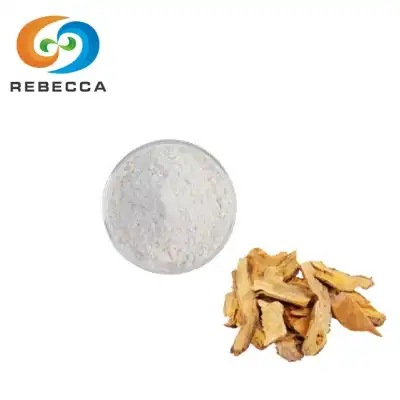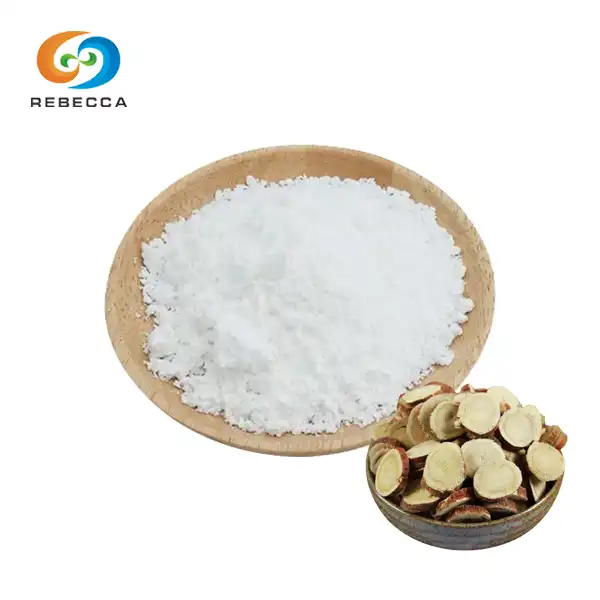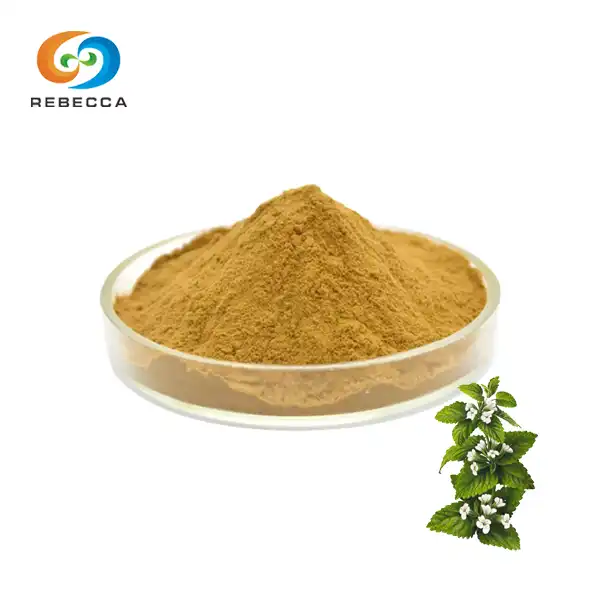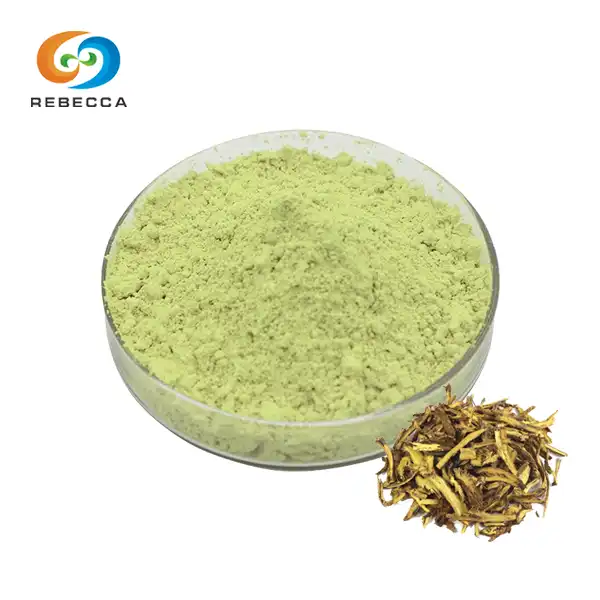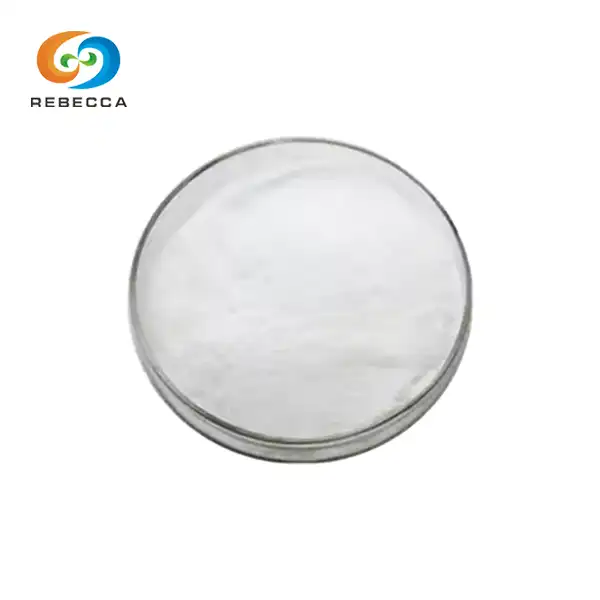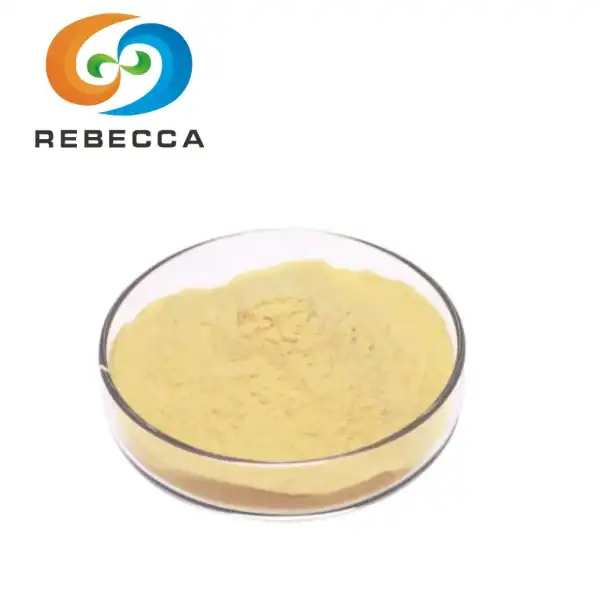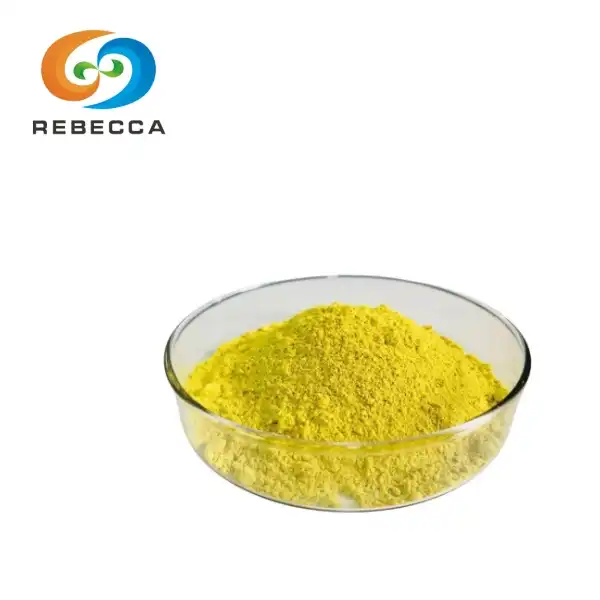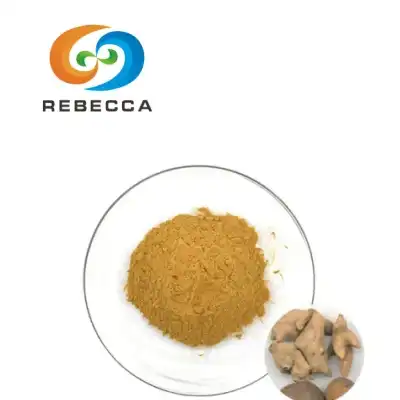Can i mix moringa with apple cider vinegar?
The pursuit of natural health solutions has led many individuals to explore various combinations of superfoods and traditional remedies. Among these, the combination of moringa powder and apple cider vinegar has garnered attention for its potential synergistic health benefits. This article examines the compatibility of these two potent natural substances, their nutritional profiles, potential health benefits when combined, and practical ways to incorporate this mixture into your wellness routine.
Moringa oleifera, often called the "miracle tree" or "drumstick tree," has been utilized in traditional medicine systems for centuries across various cultures, particularly in parts of Asia and Africa. Meanwhile, acv powder has its storied history as a folk remedy, with uses dating back to ancient civilizations. In recent years, both have independently gained popularity in health-conscious communities, but questions remain about their combined efficacy and proper usage.
Nutritional Profile of Moringa Powder and Apple Cider Vinegar
Moringa powder, derived from the leaves of the Moringa oleifera tree, contains an impressive array of nutrients that have earned it reputation as a nutritional powerhouse. The dried leaf powder is particularly rich in protein, containing all nine essential amino acids, making it a complete protein source—relatively rare for a plant-based food. Moringa provides substantial amounts of vitamins A, C, and E, which function as antioxidants in the body, alongside significant levels of calcium, potassium, and iron. Research indicates that gram for gram, moringa leaves contain approximately seven times the vitamin C found in oranges, four times the calcium in milk, and three times the potassium in bananas.
Beyond macronutrients and minerals, moringa powder contains a variety of bioactive compounds, including quercetin, chlorogenic acid, and beta-sitosterol. These phytochemicals contribute to moringa's antioxidant and anti-inflammatory properties. The powder also contains glucosinolates and isothiocyanates, which have been studied for their potential protective effects against chronic diseases including certain types of cancer. The high fiber content of moringa powder—about 9 grams per 100 grams—supports digestive health and may contribute to improved glucose regulation.
Apple cider vinegar, on the other hand, has a distinctly different nutritional profile. It is produced through a two-stage fermentation process where apples are first converted to alcohol by yeast and subsequently to acetic acid by bacteria. The resulting liquid contains minimal calories and trace amounts of nutrients compared to moringa powder. However, what cider vinegar lacks in traditional nutrients, it compensates for in bioactive compounds, particularly acetic acid, which typically comprises 5-6% of the vinegar by volume.
The "mother" in unfiltered, unpasteurized acv powder consists of strands of proteins, enzymes, and friendly bacteria that give the product its cloudy appearance. This complex contains probiotic properties that may support gut health. Cider vinegar also contains small amounts of potassium, amino acids, and antioxidants like catechin, epicatechin, and chlorogenic acid—interestingly, some of the same compounds found in moringa powder, though in different concentrations.
The pH of apple cider vinegar typically ranges from 2.5 to 3.5, making it quite acidic. This acidity is responsible for many of its potential benefits, including antimicrobial properties against various pathogens. Recent research suggests that the acetic acid in cider vinegar may have effects on glucose metabolism, lipid profiles, and satiety regulation, though human studies remain limited in scope and sample size.
When considering the complementary nature of these substances, it's worth noting that the alkaline properties of moringa may help balance the acidity of apple cider vinegar when consumed together. Additionally, the acidic nature of acv powder might potentially enhance the bioavailability of certain nutrients in moringa powder, including minerals like iron and calcium, though this specific interaction requires further scientific investigation.
Potential Benefits of Combining Moringa Powder with Apple Cider Vinegar
The combination of moringa powder and apple cider vinegar presents several potential synergistic benefits that may exceed what either substance offers individually. One of the most notable potential advantages relates to blood glucose management. Several studies have demonstrated that moringa contains compounds that may help regulate glucose levels, potentially by affecting insulin secretion and sensitivity. Similarly, research suggests that the acetic acid in cider vinegar may improve insulin sensitivity and reduce post-meal blood sugar spikes. When combined, these substances might provide complementary mechanisms for supporting healthy glucose metabolism, though clinical studies examining this specific combination are still needed.
Digestive health represents another area where the moringa-apple cider vinegar combination may offer significant benefits. Moringa's fiber content supports regular bowel movements and feeds beneficial gut bacteria, while the prebiotic properties of apple cider vinegar's "mother" culture may enhance the gut microbiome. The digestive enzymes naturally present in acv powder may also aid in the breakdown of proteins and improve nutrient absorption. Some preliminary research suggests that moringa contains isothiocyanates that may protect against H. pylori, a bacterium linked to ulcers, while apple cider vinegar's antimicrobial properties might provide complementary protection against pathogenic microorganisms in the digestive tract.
Inflammation reduction represents another potential benefit of this combination. Moringa contains over 40 antioxidant compounds, including flavonoids, polyphenols, and ascorbic acid, which help neutralize free radicals and reduce oxidative stress. Cider vinegar contains its own array of antioxidants, primarily polyphenols derived from apples. These combined antioxidant properties may help address chronic low-grade inflammation, which is implicated in numerous chronic conditions including cardiovascular disease, diabetes, and arthritis. Although direct studies on the anti-inflammatory effects of combined moringa and apple cider vinegar are lacking, the theoretical basis for this benefit is sound based on existing research on each component.
Weight management may also be supported by this combination. Moringa contains compounds that may influence fat metabolism and reduce lipid accumulation, while several studies suggest that apple cider vinegar may increase feelings of fullness and reduce caloric intake. A 2018 study published in the Journal of Functional Foods found that acetic acid consumption led to reduced body weight, BMI, and waist circumference in overweight adults. The high fiber content of moringa combined with the appetite-suppressing effects of cider vinegar could potentially create a powerful duo for those seeking to manage their weight naturally.
How to Use Moringa and Apple Cider Vinegar for Detox and Digestion?
Incorporating moringa powder and apple cider vinegar into your routine requires careful consideration of proper dosages, preparation methods, and potential contraindications. For most adults, a reasonable starting point is combining 1-2 teaspoons of moringa powder with 1-2 tablespoons of apple cider vinegar diluted in at least 8 ounces of water. This dilution is crucial, as undiluted acv powder is highly acidic and can potentially damage tooth enamel and irritate the esophagus and digestive tract. The mixture is typically consumed before meals, particularly breakfast, though some individuals prefer taking it in the evening.
For digestive support specifically, this combination may be most effective when consumed approximately 15-30 minutes before meals. The acetic acid in cider vinegar can stimulate digestive enzyme production, while moringa's fiber and natural enzyme content may further support the digestive process. Some practitioners suggest that this timing helps prepare the digestive system for optimal nutrient absorption and may reduce symptoms like bloating or indigestion. For those using this combination primarily for blood sugar management, consumption just before meals may help moderate the glycemic response to carbohydrates.
For those interested in a more intensive approach to digestive cleansing, a three-day protocol might involve gradually increasing consumption of the moringa-apple cider vinegar mixture while eliminating processed foods, dairy, and gluten. However, such regimens should only be undertaken after consultation with a healthcare provider and are not recommended for individuals with certain health conditions. It's important to note that the concept of "detoxification" through specific foods or supplements lacks substantial scientific support, as the body has its own sophisticated detoxification systems centered in the liver and kidneys.
Monitoring your body's response is essential when introducing any new supplement combination. Start with small amounts and gradually increase as tolerated. Some individuals may experience digestive upset, heartburn, or allergic reactions. If any adverse effects occur, discontinue use and consult a healthcare provider. It's also worth noting that the benefits of this combination may take time to manifest; consistent use over weeks or months may be necessary before noticeable effects on energy, digestion, or other health parameters are observed.
High-Quality Apple Cider Vinegar
The combination of moringa powder and apple cider vinegar represents a potentially beneficial addition to a holistic health regimen, bringing together the nutritional density of moringa with the digestive and metabolic benefits of acv powder. While scientific research specifically examining this combination remains limited, the theoretical basis for their synergistic effects is compelling, particularly in areas of blood glucose regulation, digestive health, inflammation reduction, and immune support.
As with any natural health approach, moderation and personalization are key. What works optimally for one individual may not be appropriate for another, underscoring the importance of listening to your body's responses and adjusting accordingly. Incorporating this combination into a broader context of a balanced diet, regular physical activity, adequate hydration, and stress management will likely yield the most significant health benefits.
For those interested in exploring high-quality apple cider vinegar products for personal use or incorporation into health and wellness formulations, Rebecca Bio-Tech offers premium, standardized plant extracts and powders. Our products undergo rigorous quality testing to ensure potency, purity, and bioavailability. For more information about our products, specifications, or customized extract solutions, please contact us at information@sxrebecca.com.
References
1. Gopalakrishnan L, Doriya K, Kumar DS. Moringa oleifera: A review on nutritive importance and its medicinal application. Food Science and Human Wellness. 2016;5(2):49-56.
2. Johnston CS, Gaas CA. Vinegar: medicinal uses and antiglycemic effect. MedGenMed. 2006;8(2):61.
3. Mbikay M. Therapeutic potential of Moringa oleifera leaves in chronic hyperglycemia and dyslipidemia: a review. Front Pharmacol. 2012;3:24.
4. Mittal A, Sharma M, David A, Vishwakarma P, Saini M, Goel M, Saxena KK. An experimental study to evaluate the anti-inflammatory effect of moringa oleifera leaves in animal models. Int J Basic Clin Pharmacol. 2017;6:452-7.
5. Kondo T, Kishi M, Fushimi T, Ugajin S, Kaga T. Vinegar intake reduces body weight, body fat mass, and serum triglyceride levels in obese Japanese subjects. Biosci Biotechnol Biochem. 2009;73(8):1837-43.
